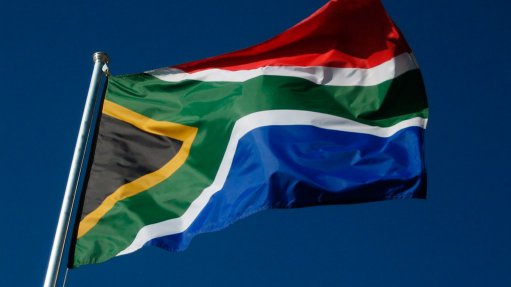
The World Bank has increased its projected growth for South Africa's gross domestic product, but said on Tuesday that the economy needs to break free from the low growth and high inequality it has been trapped in for decades.
According to a report entitled Jobs and Inequality, the World Bank said the recent upward revision of national accounts for the period 2015 to 2017 also suggested the country is recovering from a difficult 2015 and 2016, which marked the end of the super-commodity cycle and a severe drought.
“Gross domestic product (GDP) growth is projected to gather pace, increasing from 1.3% in 2017 to 1.4% in 2018, 1.8% in 2019, and 1.9% in 2020,” said the World Bank.
It also said the 2018 Budget review has affirmed the country's commitment to stabilise its debt position.
“Although it provides little space for fiscal stimulus, the 2018 Budget Review’s reaffirmation of the government’s commitment to debt stabilisation objectives is expected to generate more private investment."
It said, however, that the country remains constrained by its low growth potential.
“Slow private investment growth and weak integration into global value chains prevent the country from reaping the new economic opportunities emerging around the globe, and from catching up with living standards in peer economies,” said the World Bank.
“Building on two World Bank reports – the Poverty and Inequality Assessment and the forthcoming Systematic Country Diagnostic – this 11th edition of the South Africa Economic Update argues that significantly raising South Africa’s economic potential will require breaking away from the equilibrium of low growth and high inequality in which the country has been trapped for decades.”
The financial institution also said solutions are needed to foster inclusive growth, which in practice means improving access to good jobs for the poor, to enable their full participation in the economy.
“A credible path to sustainably redress inequalities is needed to reduce policy uncertainty and strengthen the social compact on which authorities plan to build consensus with business, labour, and civil society.”